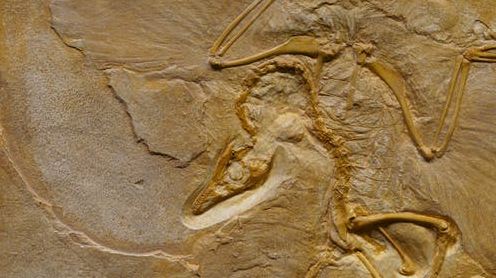The landscape and life on Earth are not the same as it was in the past. In the last half-billion years, life on Earth has been wiped out five times. It was done because of climate change, intense ice age, volcanoes, etc. 65 million years ago, space rock smashed the Gulf of Mexico, making dinosaurs and other species extinct. These events relate to the big five mass extinctions. Now we, humans are on the precipice of the sixth mass extinction.
What Makes Us to Be on The Precipice of Sixth Mass Extinction?
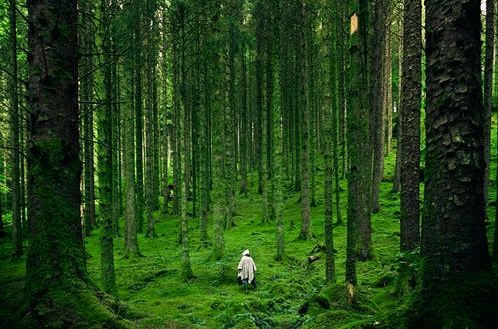
UN Ultimatum is trying to stop the historical turn in Homo Sapiens’ Evolution. A group of top scientists stated that we are left with 12 years to avoid a climate catastrophe on the planet.
Why Should We Care to Conserve the Left Wild Ecosystems and Species of Our Planet?
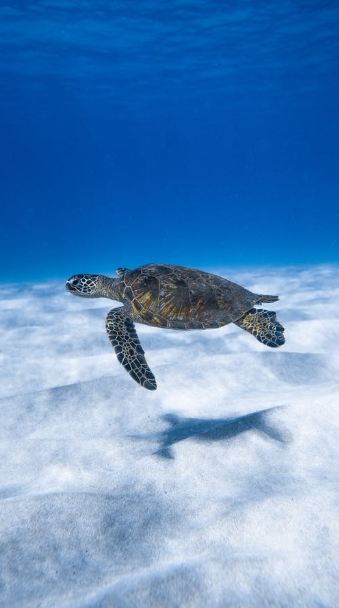
One of the main reasons to save the ecosystem is because everything is interconnected on the planet. Sometimes we are not even aware of the importance of things in the ecosystem for us to live. How a human can survive if there will be no plants? No plants mean no oxygen, and no oxygen means no living species on this planet. This is how we all are interconnected in an ecosystem.
We should care about nature and wildlife because we are part of it. We need basic life needs like clean air, water, and soil. To plant the trees, fruits, crops, and all other nutrients we can get from various species as food and nutrition. One should not forget that modern medicines were discovered by studying the secrets of nature. If there will be no nature, or ecosystem, how one can survive when he/she is diagnosed with a disease?
Having a healthy nature and wildlands around us gives us a spiritual, aesthetic, and psychological implication for our well-being. Let’s no longer be charmed and daydreamed again on the myths and superficial promises of high-tech utopians; who always claim they can fix everything. The truth is that we do not understand it and we do not have enough knowledge to tackle the complex phenomena related to the planet’s survival systems. The approach of high-tech utopians in the planet’s survival systems also remains naive and clumsily reductionist.
The economy is important for our survival and our well-being. But the formulation and implementation over the past two centuries has taken us down a dangerous and potentially deadly path of development.
Drivers of mass extinction
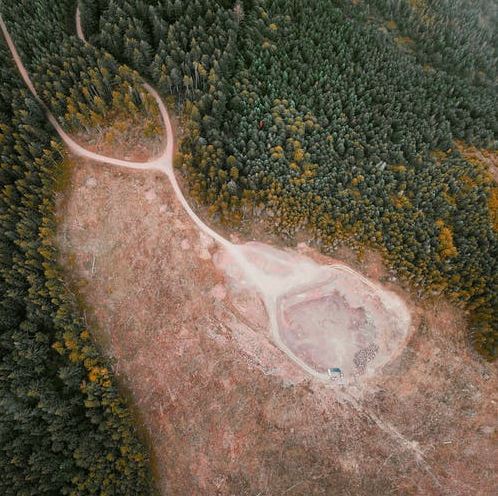
As we cut down the forests and plow pristine pastures for agriculture, roads, urban settlements cause the land-use dominant problem. Furthermore, the local pollution poses more threats. The next in the future is climate change. At the moment, this is not one of the main causes of extinction, but it will be in the decades to come.
Climate Change Overshadowing Action on Biodiversity Loss
I think it eclipsed, but not without reason. Its easier for science to predict and to show that climate change in the near future will have a significant impact on millions of people. We have not been able to identify the urgent problems of biodiversity loss in the same way. The loss of pollinators and their impact on food production is perhaps the clearest example we have, but we do not yet know what will happen and who will be most affected.
By treating these two important subjects separately, we have lost sight of the real benefits that could result from the deal together.
Farewelling Species
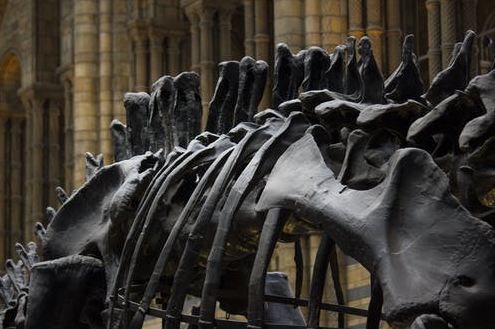
Another sobering thought is included in the concept of debt of extinction. Recent studies in Europe have shown that the species currently most at risk of extinction have likely been made possible because of human actions done 50 to 100 years ago.
Doom and Gloom
But why should we worry about having fewer species? The simple answer is that we are deeply connected and dependent on other species. From the pollination of our crops by bees to storing carbon in our forests and even bacteria in our mouths, we depend on biodiversity for our existence. We neglect this at our peril. And, of course, there are equally valid arguments in favor of maintaining species solely based on their aesthetic and cultural significance, or for their sake.
Pessimistic predictions tend to cripple us, rather than push us into action. So, what can we do? There are wonderful examples of individuals and organizations working at small and large scales to fight and sometimes even change the direction of extinction tide.
A Much-Needed Change
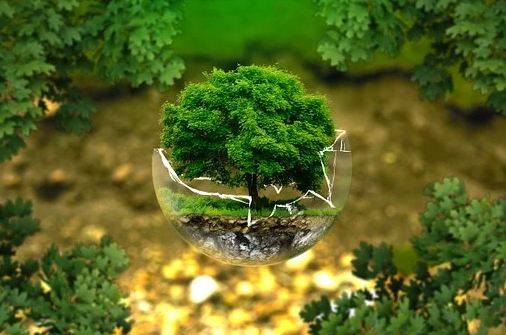
A need change is a high level political global reform. It should focus on limiting the consumption of resources and curbing the global population’s exponential growth. Focusing on only one of the issues won’t help to fix the environment or to prevent the sixth mass extinction.
Perhaps more importantly, we should feel deep empathy for the future of Greta Thunberg in the world, of our children and grandchildren. As a common-sense precaution, we should leave you with a living planet that is still ecological, functional, and alive. It seems like a basic ethical call.
One of the recommendations of the United Nations Intergovernmental Panel on Climate Change is to restore vegetation and plant new vegetation that is effective to remove carbon from the atmosphere and store it in the soil. This could be done by planting new forests or maintaining mangroves, seagrass beds, and existing forests.
Keeping temperate and tropical forests intact goes a long way in mitigating climate change. It’s also a lot for the quality of soil, the fight against floods, and much about biodiversity. The whole process has many benefits for people and nature that we do not currently see in policy responses.
Verdict
For centuries, species have become extinct. We do not see them in our ecosystem. Over the years, with the development and urbanization, forests have been cut down. This has impacted the ecosystem on this planet. There are a lot of factors that affect the ecosystem and make us extinct on this planet. Think of going green and protect the ecosystem!
